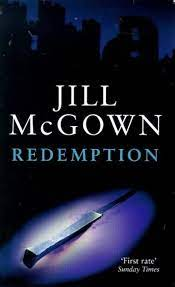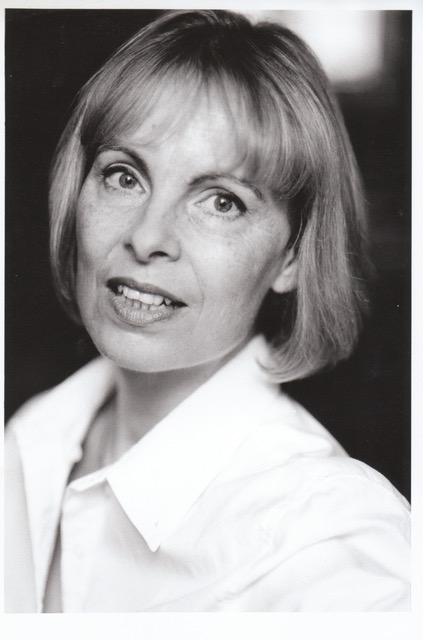I've recently watched again two high-calibre thrillers, The 39 Steps and Three Days of the Condor, and it struck me that despite many obvious differences - one is British and one American, and they reflect the concerns of different generations - they have a great deal in common. In each story, an ordinary guy is thrust into a dangerous conspiracy involving high-stakes espionage, and doesn't know who he can trust. It turns out that his enemies are in the heart of the establishment, and he finds himself being pursued both by the establishment (which believes he is a maverick killer) and the really bad guys.
Each story is based on a novel rather than being an original screenplay, but in each case the script varies greatly from the source material. In each film, our hero relies on an attractive blonde woman - whom he meets by chance - for help, and finds himself bound to her in more ways than one. The pace is unrelenting in each film, with no wasted words or scenes and effective but straightforward characterisation (the jealous crofter and his mistreated wife are brilliant cameos in the Hitchcock movie). And each film benefits from having a strong cast and a gifted director.
A further common factor, I suggest, is that the films are such good entertainment that they bear watching more than once. I've seen each of them at least three times (and I'm not counting the remakes of The 39 Steps); I reviewed Three Days of the Condor on this blog way back in 2012 and my views about its merits haven't really changed since then.
Over the years, there have been plenty of good manhunt thriller novels and films, but this pair are hard to beat. Watching them again was truly pleasurable.




















